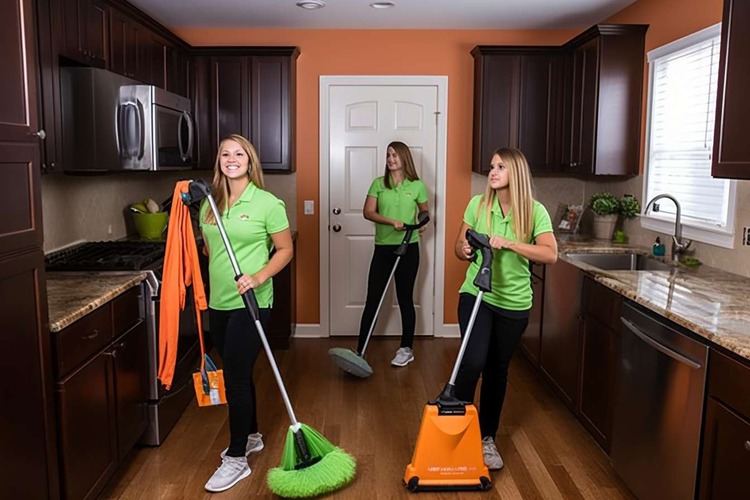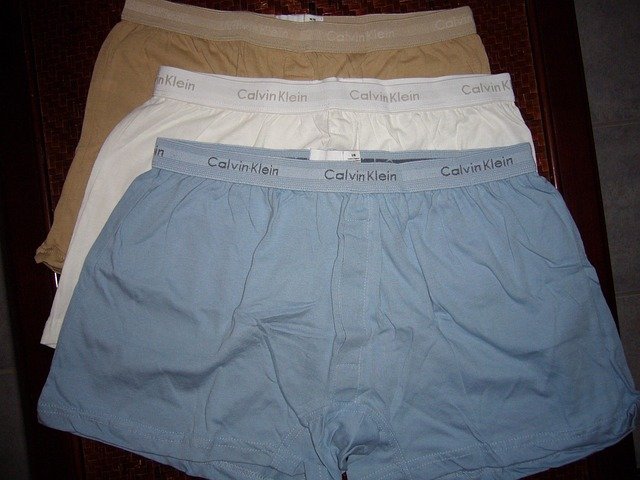Everything You Need to Know About Foreclosed Homes: Options and Costs
Foreclosed homes can offer significant savings for buyers in the United States, but they also carry unique risks and additional costs. This guide explains how prices are typically listed in USD, common cost components (repairs, back taxes, insurance, and closing fees), differences between bank-owned and auction sales, inspection and financing challenges, legal considerations, and practical tips to evaluate value and avoid pitfalls when buying a foreclosure.

How much does a foreclosed home cost and what factors influence price?
Foreclosed home prices typically range from 10% to 40% below market value, though the actual cost depends on several critical factors. Property condition plays a major role, as many foreclosed homes require repairs or renovations that can add thousands to the total investment. Location significantly impacts pricing, with foreclosed properties in desirable neighborhoods maintaining higher values than those in declining areas. The length of time a property has been on the market also affects cost, as banks become more motivated to sell properties that have been listed for extended periods.
Market conditions in your specific area influence foreclosure pricing, with competitive markets seeing smaller discounts and slower-moving markets offering deeper price reductions. The type of foreclosure process also matters, as auction properties may sell for less than bank-owned homes that have been professionally marketed. Additionally, the original loan amount and outstanding debt influence the minimum acceptable bid or listing price.
Foreclosed properties: discover the main options available in the US market
The US foreclosure market offers three primary property acquisition methods, each with distinct advantages and challenges. Pre-foreclosure properties represent the earliest stage, where homeowners are behind on payments but still own the property. These situations allow direct negotiation with homeowners, potentially creating win-win scenarios, but require careful legal navigation and patience.
Foreclosure auctions provide opportunities to purchase properties at courthouse steps or online platforms, often at significant discounts. However, auction purchases require cash payments, immediate closing, and acceptance of properties in as-is condition without inspections. Bank-owned properties, also called Real Estate Owned (REO) properties, offer the most traditional buying experience with financing options, inspections, and clear titles, though prices may be higher than auction purchases.
Explanation of bank-owned properties, auction purchases, and the buying process
Bank-owned properties represent foreclosed homes that failed to sell at auction and reverted to lender ownership. These properties typically offer the most straightforward purchase process, allowing buyers to secure financing, conduct inspections, and negotiate terms similar to traditional home sales. Banks often invest in basic repairs and cleaning to make these properties more marketable, though significant issues may still exist.
Auction purchases require extensive preparation and cash availability, as successful bidders must typically provide immediate payment or substantial deposits. The auction process varies by state, with some conducting live courthouse auctions while others use online platforms. Buyers receive minimal property information and cannot inspect interiors before bidding, making thorough research of public records and neighborhood analysis crucial.
The buying process for each type requires different strategies and timelines. Pre-foreclosure purchases involve working with distressed homeowners and their lenders to negotiate short sales or assumption agreements. Bank-owned purchases follow traditional real estate procedures but may involve longer approval processes as banks review multiple offers.
Key risks and important considerations before buying a foreclosure
Foreclosed properties carry unique risks that require careful evaluation before purchase. Property condition represents the primary concern, as many foreclosed homes suffer from deferred maintenance, vandalism, or damage from frustrated former owners. Hidden problems like plumbing issues, electrical problems, or structural damage can significantly increase total investment costs beyond the purchase price.
Title issues may complicate foreclosed property purchases, including outstanding liens, unpaid taxes, or legal challenges from previous owners. Buyers should always purchase title insurance and conduct thorough title searches to identify potential problems. Additionally, some foreclosed properties may have tenants or former owners who refuse to vacate, creating legal complications and delays.
Financing foreclosed properties can be challenging, as many lenders require properties to meet specific condition standards before approving loans. Cash purchases provide more flexibility but require significant upfront capital. Buyers should also consider the neighborhood’s stability and future prospects, as foreclosed properties often cluster in declining areas that may not appreciate quickly.
Comparing costs, fees, and service providers in the foreclosure market
Foreclosure purchases involve various costs beyond the property price that buyers must factor into their budgets. Auction fees typically range from 5% to 10% of the purchase price, while bank-owned properties may include standard closing costs plus additional fees for expedited processing. Inspection costs become crucial for foreclosed properties, with specialized inspections for structural, electrical, and plumbing systems potentially costing $500 to $1,500.
Legal fees for foreclosure purchases often exceed traditional home buying costs due to complex title issues and additional documentation requirements. Attorney fees may range from $1,000 to $5,000 depending on transaction complexity and local requirements.
| Service Type | Provider Examples | Cost Estimation |
|---|---|---|
| Foreclosure Listing Services | RealtyTrac, Foreclosure.com | $30-100/month |
| Title Insurance | First American, Fidelity National | $800-2,000 |
| Property Inspection | Local certified inspectors | $400-800 |
| Real Estate Attorney | Local foreclosure specialists | $1,500-4,000 |
| Auction Registration | Auction.com, Hubzu | $100-500 deposit |
Prices, rates, or cost estimates mentioned in this article are based on the latest available information but may change over time. Independent research is advised before making financial decisions.
Foreclosed homes offer potential opportunities for savvy buyers willing to navigate complex processes and accept associated risks. Success requires thorough research, adequate financing, and realistic expectations about property conditions and market dynamics. While significant savings are possible, buyers must carefully evaluate all costs, risks, and legal requirements before committing to foreclosure purchases. Professional guidance from experienced real estate agents, attorneys, and inspectors can help minimize risks and maximize the potential benefits of foreclosure property investments.




